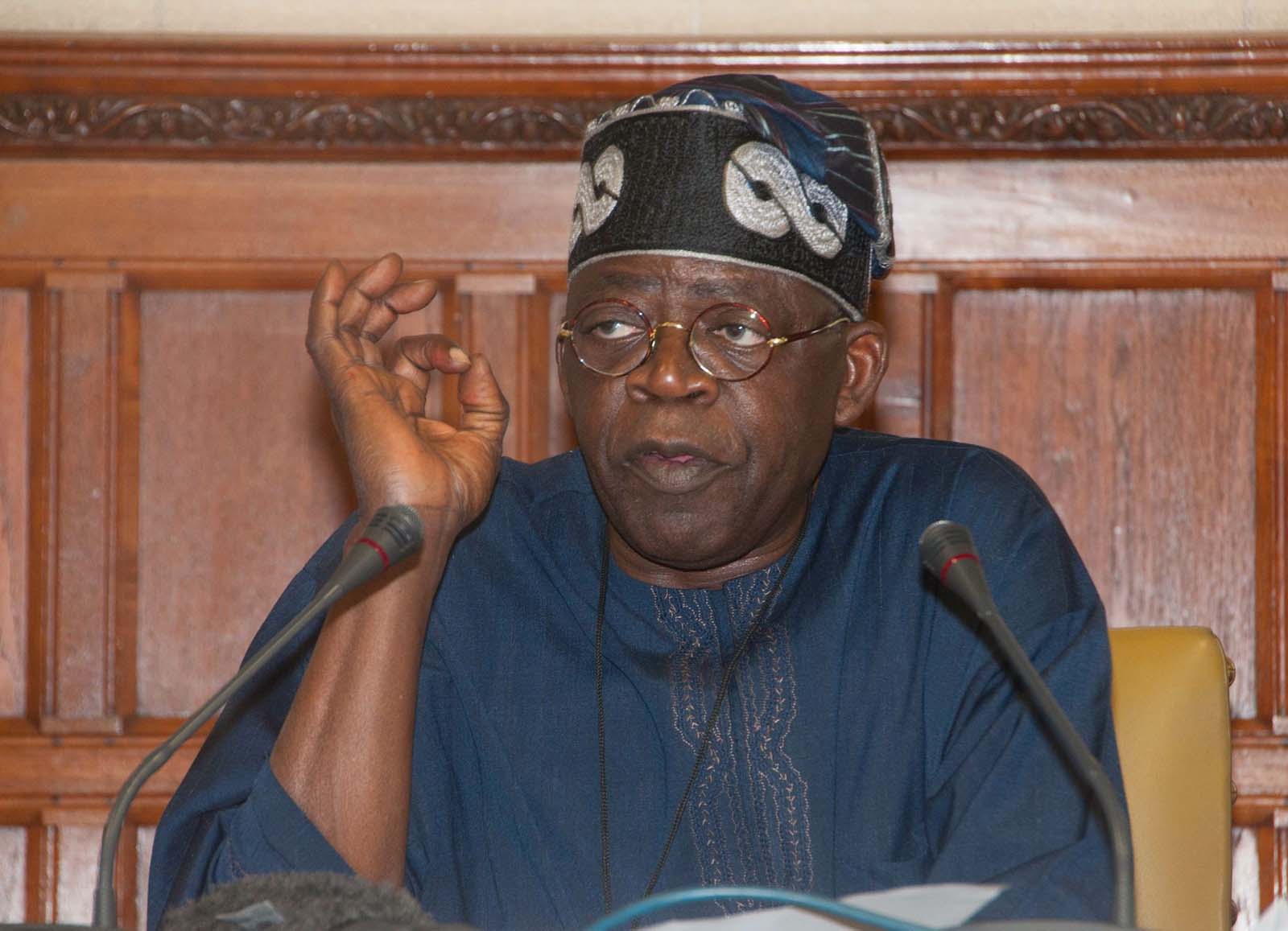LAGOS, Nigeria – As Nigeria prepares for the swearing-in of President-elect, Senator Bola Tinubu, on May 29, 2023, a daunting financial reality awaits the incoming administration: a mounting debt of over $103.11 billion (N46.25 trillion), a legacy of the outgoing President Muhammadu Buhari-led administration.
This burden is substantially greater than the approximately $10.32 billion debt inherited by Buhari in 2015. Adding to Tinubu’s challenges is an additional N22.7 trillion in Ways and Means Advances from the Central Bank of Nigeria (CBN).
“The debt level has negatively impacted the nation’s economy, pushing the majority of citizens into abject poverty, unemployment, and a poor standard of living,” explained on Sunday, April 30, 2023, Auwal Ibrahim Musa (Rafsanjani), Executive Director of the Civil Society Legislative Advocacy Centre (CISLAC).
A controversial recent $800 million loan from the World Bank, intended as a palliative measure before the now-suspended fuel subsidy removal, adds to the complexity.
Nigeria’s indebtedness to China has grown by a staggering 209 per cent over the last eight years, according to data from the Debt Management Office, DMO. As of December 2022, the nation’s total borrowing from the Asian powerhouse climbed from $1.39 billion to $4.29 billion.
“Officials of this government are desperate to borrow money and squander it,” Rafsanjani added, expressing concerns about the government’s borrowing pattern, which he described as “reckless.”
Chinese loans account for 84.73 per cent of the country’s total loans, with France, Japan, India, and Germany providing the remaining 15.27 per cent, the DMO data showed. However, recent reports indicated Nigeria has failed to fully service its debt to China, which has accumulated to N110.31 billion over the last two years.
Despite the mounting debt, a tangible impact on the lives of Nigerians remains elusive. “In all honesty, monies borrowed under the Buhari administration were not spent in a transparent and accountable manner,” Rafsanjani lamented.
In light of this crisis, experts have stressed the need for an aggressive approach to revenue generation. “The burgeoning trend of our debt is worrisome especially when over 60 per cent of our meager revenue is now being used for debt servicing,” said Mr. Monday Osasah, Executive Director of the African Centre for Leadership, Strategy, and Development (Centre LSD).
Taiwo Oyedele, a Fiscal Policy Partner and Africa Tax Leader at PricewaterhouseCoopers (PwC), suggested addressing revenue leakages and leveraging data for tax intelligence to widen the tax net.
As Tinubu prepares to take the reins, experts have called for a thorough review of the debt situation, a reassessment of spending priorities, and a moratorium on imminent repayments.
“Borrowing is not wrong,” admits economist, Professor Jonathan Aremu, “but it becomes wrong when the reason for the borrowing is not productive.” The incoming administration now faces the challenge of proving that it can be productive and responsible in managing the country’s mounting debt.







